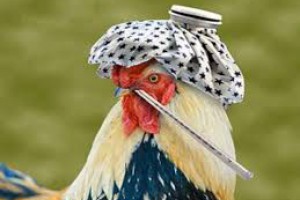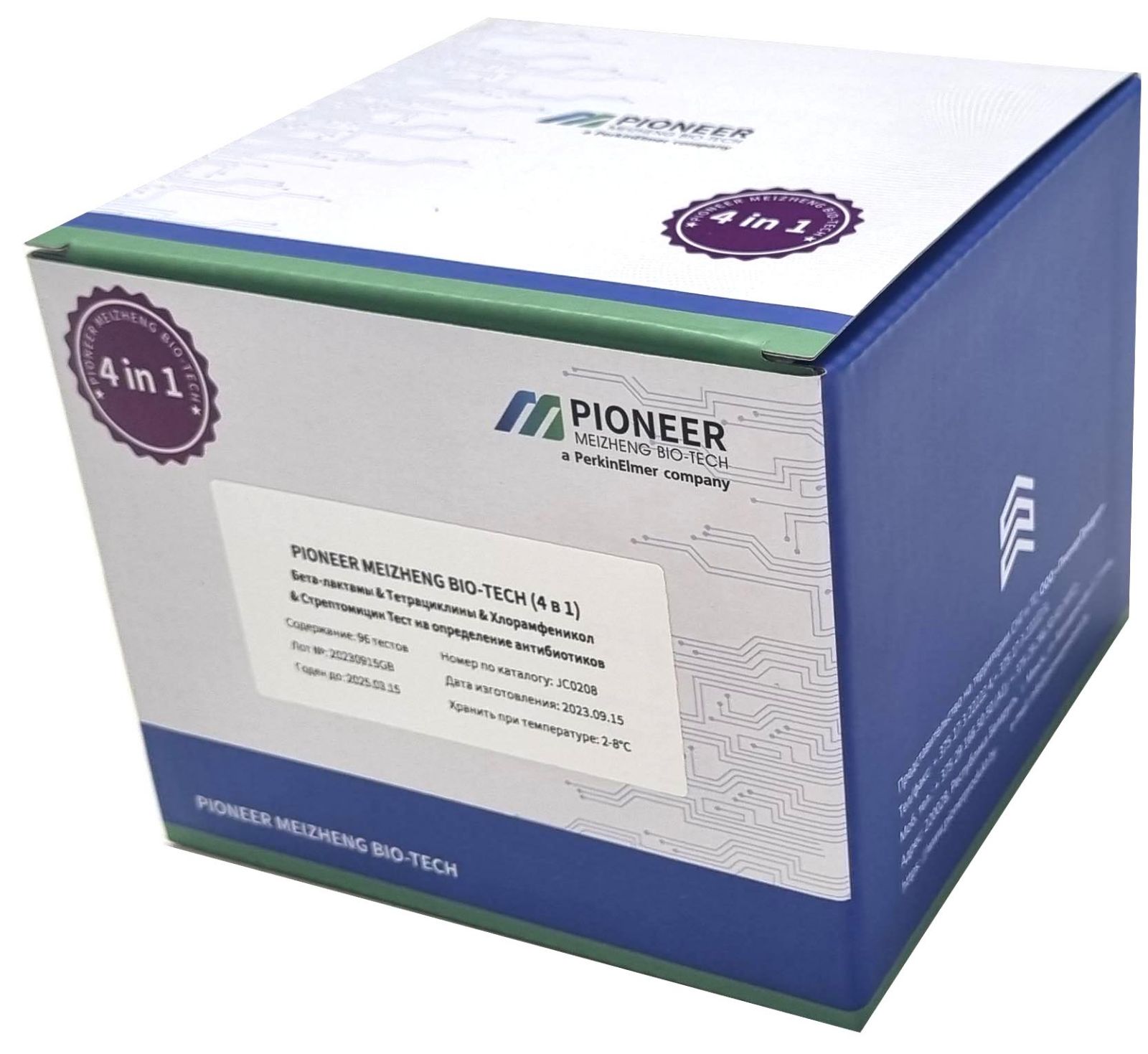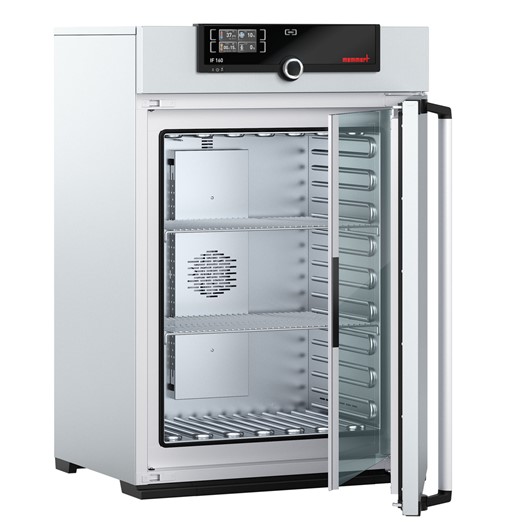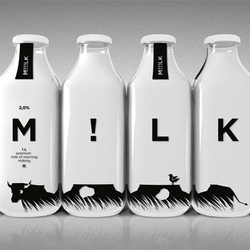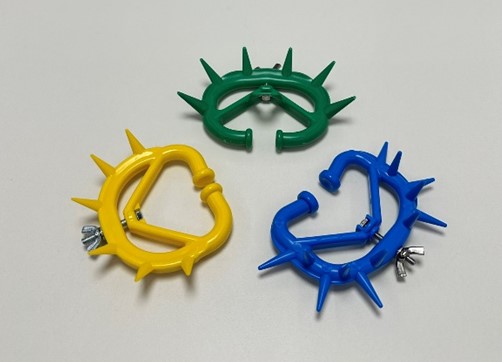Argentina resumes trade in poultry products after detection of bird flu
HPAI was an exotic disease in Argentina, so Senasa certified on EXPORT that the products come from a country free from this disease. In this regard, from March 1, Senasa began working together with the Ministry of Foreign Affairs to establish contact with trading partners with whom open negotiations are underway to achieve the rehabilitation of export certificates.
“We are working to harmonize certificates with new HEALTH conditions with buyer countries and thus unlock the export of poultry MEAT, offal, egg products and eggs,” explained Senasa Vice President Rodolfo Acerbi.
For his part, the Minister of Agriculture, Livestock and Fisheries, Juan José Bajillo, stressed the "coordination of all agencies to strengthen the monitoring and control system throughout the country."
In this sense, Argentina participated in the last meeting of the Committee on Sanitary and Phytosanitary Measures of the World Trade Organization, held last week in Geneva, where the Organization for Foreign Relations Coordinator, Miguel Donatelli, provided an update on the evolution of public health regarding this virus and additionally held bilateral meetings with the main buyer countries of Argentine poultry products, such as CHINA , Saudi Arabia, Singapore and Vietnam, clarifying the position of the Trade Recovery Agency.
For those products that carry no risk, such as heat-treated poultry, powdered or pasteurized eggs, since these treatments inactivate the HPAI virus, progress has been made and they can be exported.
Regarding the opening of markets for poultry products, Uruguay approved last Friday new export certificates for pre-roasted meats, hydrolysed entrails, egg products, canned poultry and pork and fresh meats, as well as poultry-based products from Argentina.
After Argentina itself suspended the export of both meat and eggs, agreements were also reached to resume shipments of fresh poultry meat from disease-free areas to RUSSIA, Saudi Arabia, Hong Kong, Japan and some African countries.
Work is also underway on sanitary negotiations to restore the export of bird genetics to the MERCOSUR countries and Mexico in accordance with international recommendations for the exchange of these goods.
From April 19 to April 22, Senasa will attend a meeting to be held by the World Organization for Animal Health (WOAH) in Mexico with all American countries to evaluate various tools to combat this disease, including a vaccine, and its impact on trade.
This meeting will be the preamble to what will happen in May at the Regular Meeting of the Annual Assembly of WOAH Delegates with all its members in Paris, where avian influenza will become a central issue, as it occurs not only in Argentina, but also in other countries.

